From Alex Trembath at OneZero:
I can’t help but notice that when fake meat was the purview of food utopians and visionary chefs, thought leaders were enthusiastically in favor of it. But as soon as fake meat hit the plastic trays at Burger King, they were fretting about how over-processed it was.
[…]
I believe that the problem with fake meat isn’t so much that it is ultra-processed as that it is mass produced. The conflation of exclusivity and goodness is actually endemic to large swaths of food culture. “Myths about superior taste and nutrition,” food scholar S. Margot Finn observed […], “mostly help the middle classes distance themselves from the poor.”
I think people also make a natural connection between exclusivity and quality because the journey to get to the place allows for better storytelling and a natural inclination to making that journey quote-unquote worth it.
In his book The Wizard and the Prophet, historian Charles Mann identifies the size and scale of a technological systems, not the technology itself, as the root of a certain kind of environmental opposition.
I understand this though. Look at Monsanto. It’s easy to not trust any food company who has that much skin in the game.
Obviously base classism doesn’t sell, and any food systems capable of feeding over seven billion people are going to be large-scale in some degree. That’s why critics of fake meat and other food reformers rely on vague epithets like “processed.” Food processing, after all, is a category so wide as to defy useful definition.
[…]
Certainly, food products loaded with excess sugar, sodium, preservatives, saturated fat, and exotic ingredients could more easily be labelled “ultra-processed” than foods that contain, well, lower portions of those ingredients. But that’s exactly the problem. It’s not clear to me, nor, seemingly, anyone else, where to draw the line between unprocessed and processed foods.
I do think we need to have a conversation about “processed” foods, but we need a spectrum to help us understand it’s relation as a net-positive or net-negative from the standard that it’s (often) replacing.
And the choice, ultimately, isn’t between large-scale mass-produced and small-scale non-mass-produced. It is between mass production that is more sustainable, healthier, and more humane — and mass production that is less so.
Bingo.
But when we find fault with a clearly beneficial innovation slotting neatly into modern food systems, perhaps the problem isn’t with the system, but with our own idealized vision for what an equitable, healthy, appealing food system should look like. Surely there are excesses and failures with the status quo, in the arenas of nutrition, corporate governance, worker rights, treatment of animals, and more. But while we work to actively address those issues, we might consider whether the systems we have designed over generations to feed billions of humans aren’t doing a relatively good job at that task already. After all, global hunger and undernourishment have been trending downward for decades, an achievement we should surely take into account.
